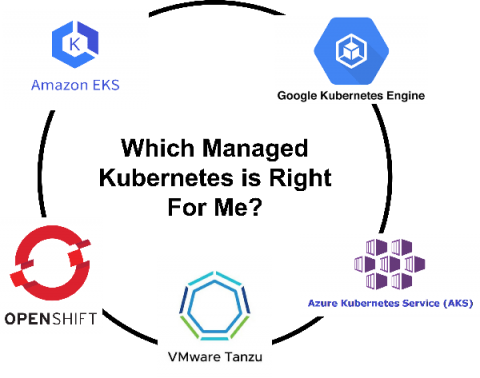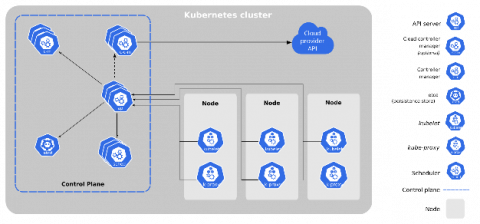Which Managed Kubernetes Is Right for Me?
Kubernetes helps with scaling, deploying, and managing containerized workloads, facilitating a faster deployment cycle and configuration management—all while providing improved access control.Kubernetes is also a CNCF project, meaning it’s cloud-native and can be easily deployed through any cloud provider. This blog will compare on-premises, or self-hosted,Kubernetes clusters to managed ones, as well as outline your options for Kubernetes in the cloud.




